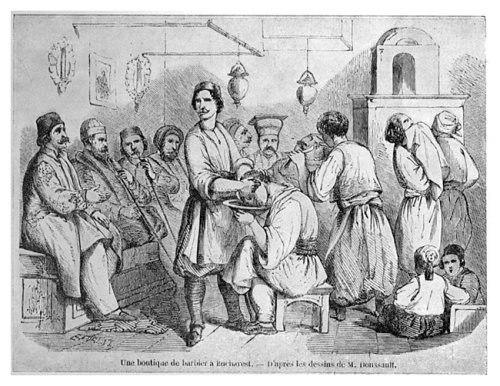On March 23, 1944, RAF tail gunner Nick Alkemade was over Berlin when a Luftwaffe attack set his bomber ablaze.
His parachute was in the flaming cabin, so he resigned himself to a quick death and jumped without it.
Alkemade fell head down for 18,000 feet, trying to relax and thinking of death. But after the impact he found himself looking up at the stars through a canopy of pines. The trees and snow had apparently slowed his fall, and he escaped with only a sprained leg.
The Gestapo refused to believe his story until they found his burned parachute at the crash site.





